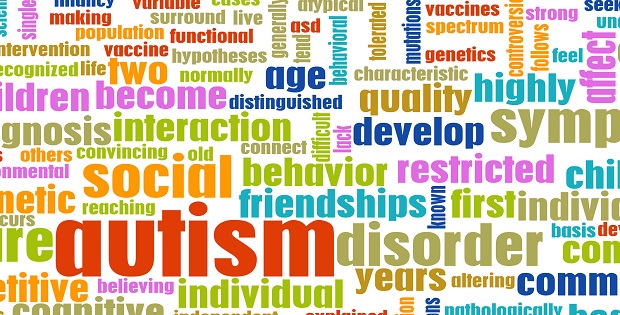Do you know the Top 6 ASD Risk Factors?

ASD Causes and Risk Factors
According to Center for Disease Control and Prevention, we do not know all of the ASD risk factors and causes, as there are likely many causes for multiple types of ASD. There may be many different factors that make a child more likely to have an ASD, including environmental, biologic and genetic factors.
- Most scientists agree that genes are one of the risk factors that can make a person more likely to develop ASD
- ASD risk factors tend to occur in about 10% often in people who have certain genetic or chromosomal conditions, such as Down syndrome, tuberous sclerosis or fragile X syndrome or other genetic and chromosomal disorders
- Children who have a sibling with ASD are at a higher risk of also having ASD.
- When taken during pregnancy, the prescription drugs valproic acid and thalidomide have been linked as a higher ASD risk factor
- There is some evidence that the critical period for developing ASD occurs before, during, and immediately after birth
- Children born to older parents are at greater risk for having ASD
Who is Affected
ASD occurs in all racial, ethnic, and socioeconomic groups, but is almost five times more common among boys than among girls. CDC estimates that about 1 in 68 children has been identified with autism spectrum disorder (ASD).
More people than ever before are being diagnosed with ASD. It is unclear exactly how much of this increase is due to a broader definition of ASD and better efforts in diagnosis. However, a true increase in the number of people with an ASD cannot be ruled out. We believe the increase in ASD diagnosis is likely due to a combination of these factors. ASD continues to be an important public health concern.
In closing, remember to share this post on social media and read more related articles.
Sources:
Center for Disease Control and Prevention: http://www.cdc.gov/ncbddd/autism/data.html










